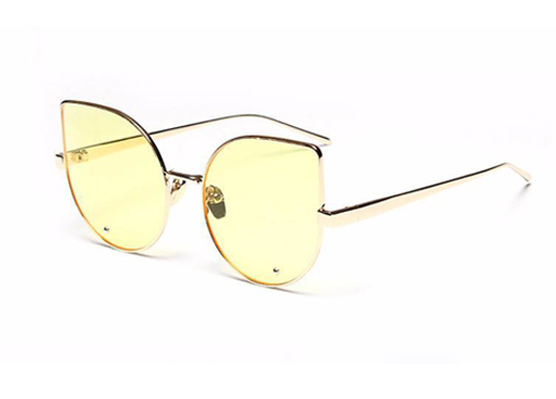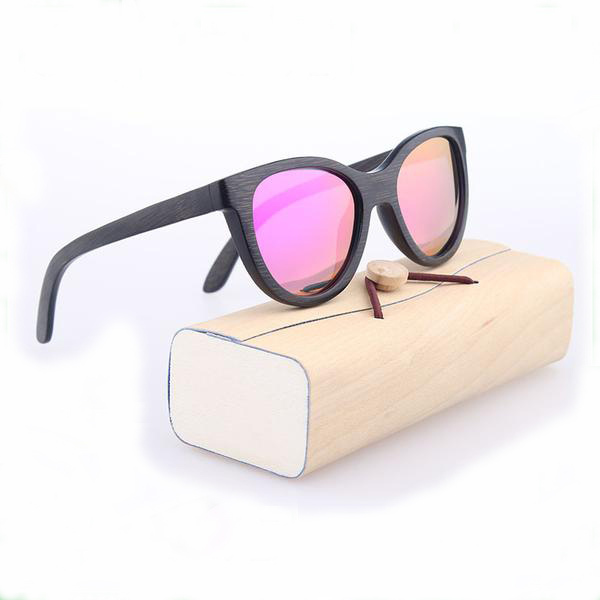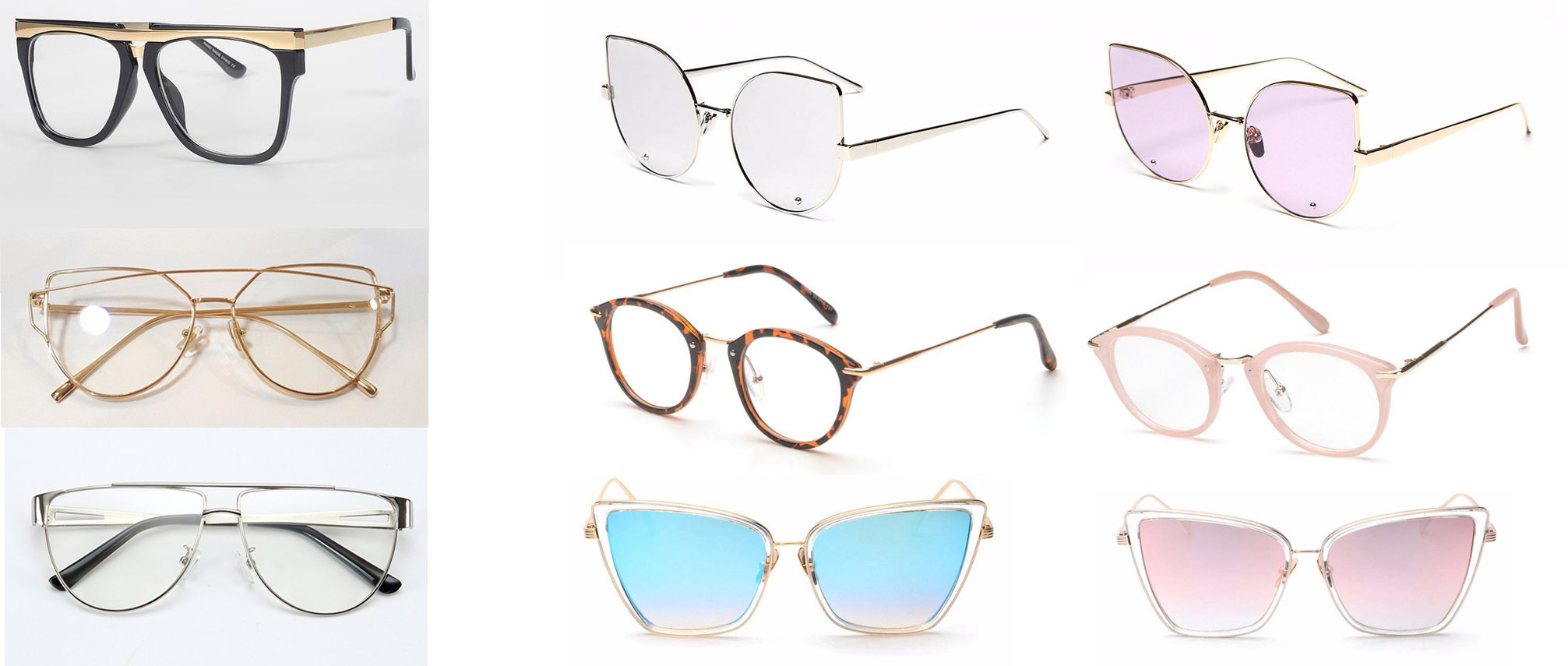 As winter sets in, days get shorter, and the level of sunlight reduces, many of us stash away our sunglasses. We eagerly await the next spring and summer to take out our fancy sunglasses and start using them again to protect our eyes from harmful rays.
As winter sets in, days get shorter, and the level of sunlight reduces, many of us stash away our sunglasses. We eagerly await the next spring and summer to take out our fancy sunglasses and start using them again to protect our eyes from harmful rays.
But did you know that wintertime can be equally or even more harmful to an unprotected eye compared to summer?
Ultra Violet rays which are harmful to the eyes are present even during winter time, so wearing sunglasses even during wintertime is extremely important to keep your eyes healthy and sharp.
UV radiation in snow
You may think that with snow, cold and lower sunlight, the harmful rays are gone. But do you know snow reflects more than 80% of UV rays, which means that your body and your eyes are exposed to harmful UV radiation way more than what it would be during summer days. UV rays are not part of the regular visible light spectrum so you don’t see it, and the fact that the regular light is low does not mean the UV is also low or absent. That means when you are enjoying in the snow, skiing, snowboarding, shoveling, playing or working outside you are exposed to the dangerous UV radiation even during winter.
This can cause intense pain, or temporary blindness and prolonged exposure can also result in longer term issues in the eye.
Higher elevation means more risk
As you go into higher elevation the air gets thinner and the UV radiation levels increase. For example you could see an increase of about 20% UV radiation levels at an altitude of 9000 meters. This warrants all the more reason to protect your only pair of eyes and use suitable sunglasses based on the level of sunlight when you go on your next skiing trip or visit any high altitude places.
Protection from wind and glare
Sunglasses also offer protection for your eyes from strong cold winds in winter, and bright glare from winter sun. Eyes are very delicate organs, if you take best measure in winter to protect your body from winter elements you should do it even more for your eyes. Wind and sun glare can result in itchy, dry or weary eyes which can then result in longer term eye health issues over a period of time.
So wearing sunglasses is all the more important while driving in snow, doing work outdoors in snow or winter, or participating in any outdoor games like snow boarding, walking in the park, playing with your children, or walking your dog.
Polarized glasses in addition to UV protection can reduce the glare and will help your eyes to relax and help you enjoy your outdoor activities longer without any side effects.
What if you live or travel to places near the equator?
UV levels tend to increase as you go close to the equator, so the more south you live in or if you plan to visit those places, the risk of UV radiation increases. So you may say that you don’t play snow sports, neither do you live on high altitude or plan to visit those places, but visiting or living in places closer to equator means you are exposed to the harmful UV radiations.
What if you already have some issues with your eyes
If you already have some eye related problems, it is all the more reason to protect them from further aggravation or new issues due to UV radiations.
What are the risks of prolonged exposure to UV radiation?
The short-term effects could be pain and discomfort which can be treated some basic off the shelf medications. But the bigger concern is on the potential long term damages; continued exposure can change your eye cells, which may result in lens and retina damage which may show up later in your life. You can check out this article from WebMD for more details on this topic.
While time and minimal treatment will eventually alleviate the short-term pain and discomfort from UV exposure, it’s still important to protect your eyes from long-term damages down the line. Some of these issues that may show up in a longer term could be cataracts, muscular degeneration, or more serious types of lesions.
Hence it is extremely important to wear protective eye gear and sunglasses suitable for the season of the irrespective of your age or current health condition.
So what can you do to protect your eyes?
Buy a transparent pair of sunglasses if you are mostly in low light areas during winter?
Many of you may not be aware but, there are transparent sunglasses available in the market which have UV protection and since the glasses are transparent they do not block the regular light and you have clear visibility in low light conditions, same as if you were not wearing any glasses.
Here are some sunglasses from Luxxy with transparent and soft shade sunglasses with UV protection very suitable for winter.
Light colored glasses for low sunlight seasons
If you either live in or plan to visit places where there is medium level sunlight during winter you should buy a pair of light colored shades, which will protect you from UV and also give some comfort by reducing the sunlight to your eyes.
Make a fashion statement- Trendy & fashionable protection
Not only do these glasses protect your eyes but some of these glasses available in the market are very fashionable and trendy to help you easily make a wonderful fashion statement even during winter time. The shapes and styles of sunglasses have evolved and you have some amazing choices now. You can check out Luxxy for some latest trends.
Does the color matter?
Since the winter light conditions are generally low, most colors will work just fine as you will probably opt for lighter shades. But brown and amber tints, can help enhance depth perception and contrast, making them perfect for outdoor sports. In foggy and gloomy conditions yellow tints can be very good to provide greater clarity and improved visibility.
In summary in very season, year round you should make protecting your eyes a priority, buy different pairs suitable for the season and light levels. Go for some of the trendy stylish sunglasses which will also help you stand out while providing protection for your eyes.





